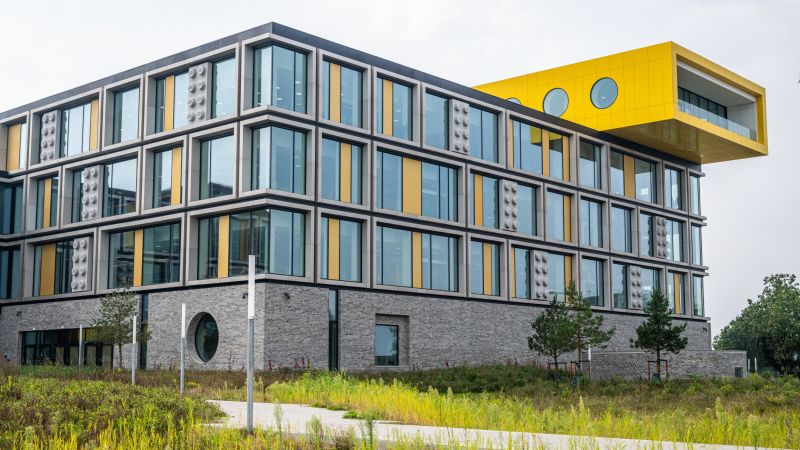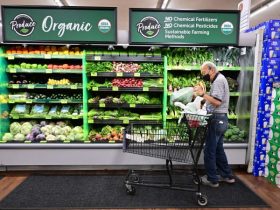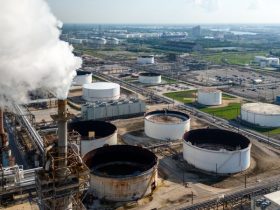Lego has abandoned plans to make its famous bricks from recycled plastic bottles, saying that the manufacturing process would be more polluting than the current production of oil-based bricks.
Lego made the decision — first reported by the Financial Times Sunday — after it spent years testing recycled polyethylene terephthalate (PET) as a more climate-friendly alternative to the acrylonitrile butadiene styrene (ABS) it uses in the majority of its toys.
The toymaker has pledged to use only sustainable materials in its products by 2032 and, two years ago, unveiled a prototype brick made from recycled PET. The plastic was sourced from bottles that are typically used for water or soda.
Since then, however, Lego has found that making bricks from the recycled material would require investing in new equipment and involve more steps, which would ultimately lead to more planet-heating pollution than the status quo, a company spokesperson told CNN Monday.
Lego’s move underscores the challenge companies face in trying to adapt their products and processes in response to the climate crisis.
“We have decided not to progress making bricks from recycled PET after more than three years of testing as we found the material didn’t reduce carbon emissions,” the spokesperson said.
Testing also found that the recycled plastic wasn’t as durable and safe as ABS and didn’t have the material’s “clutch power,” which enables bricks to stick together and be pulled apart easily, the spokesperson added.
However, Lego is “not abandoning [its] effort to make oil-free bricks” and remains “fully committed to making Lego bricks from sustainable materials by 2032.”
Recycled PET is just one of hundreds of materials the company has tested as a potential replacement for ABS, the spokesperson said.
The testing is part of Lego’s efforts to reduce its carbon emissions by 37% by 2032 compared with 2019 levels.
Read the full article here









Leave a Reply